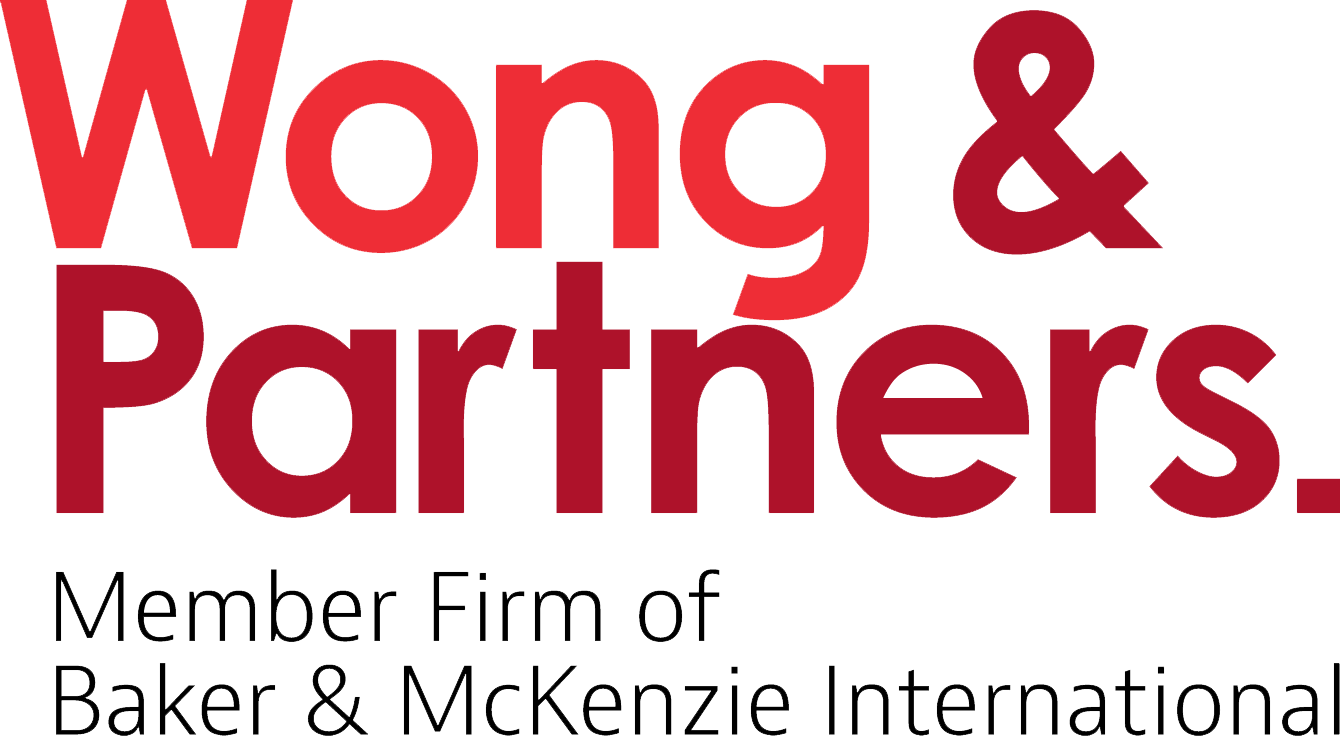In brief
On 12 July 2024, the Tribunal for Anti-Sexual Harrassment (“Tribunal“) established under the Anti-Sexual Harassment Act 2022 (“Act“), issued its first award in a sexual harassment case involving a male employer and a female employee (“Complainant“).
This development is a timely reminder that sexual harassment cases occurring within the workplace can still be heard by the Tribunal under the Act, and that employers owe legal duties to its employees in managing workplace sexual harassment.
First award by the Tribunal
In our previous client alert, we had explored the salient provisions of the Act and the objectives of the Tribunal, which include its function to dispose of sexual harassment cases and the range of its powers to resolve those cases (such as the power to order compensation or undertake other forms of remedial action).
In the present case, the Tribunal concluded that the Complainant had successfully proven that the employer had sexually harassed her, and in the circumstances, ordered the employer to issue a public apology to the Complainant.
Key takeaways
The current award is a clear demonstration that the Tribunal aims to live up to its objective of offering a fast, accessible and more affordable alternative to the civil courts for resolving sexual harassment complaints.
It serves as an additional reminder to all employers of the following points:
- While the Act does not specifically deal with sexual harassment in the employment context, employees are not prevented from filing a sexual harassment complaint before the Tribunal.
- Given the potential repercussions there may be for the employer (e.g., reputation), it is crucial for employers to have clear policies to target and prevent sexual harassment from occurring at the workplace. In this regard, the Employment Act 1955 requires employers to clearly display a notice at the workplace to raise awareness on sexual harassment.
- Additionally, employers must comply with their legal obligations under the Employment Act 1955 to investigate sexual harassment complaints as soon as practical. A failure to do so is an offence which can expose the employer to penalties such as fines. For this reason, and the potential consequences from an adverse finding from the Tribunal, employers are also advised to have clear procedures in place to manage these complaints, based on the processes under the Employment Act 1955.
* * * * *

© 2024 Wong & Partners. All rights reserved. Wong & Partners, member of Baker & McKenzie International. This may qualify as “Attorney Advertising” requiring notice in some jurisdictions. Prior results do not guarantee a similar outcome.







